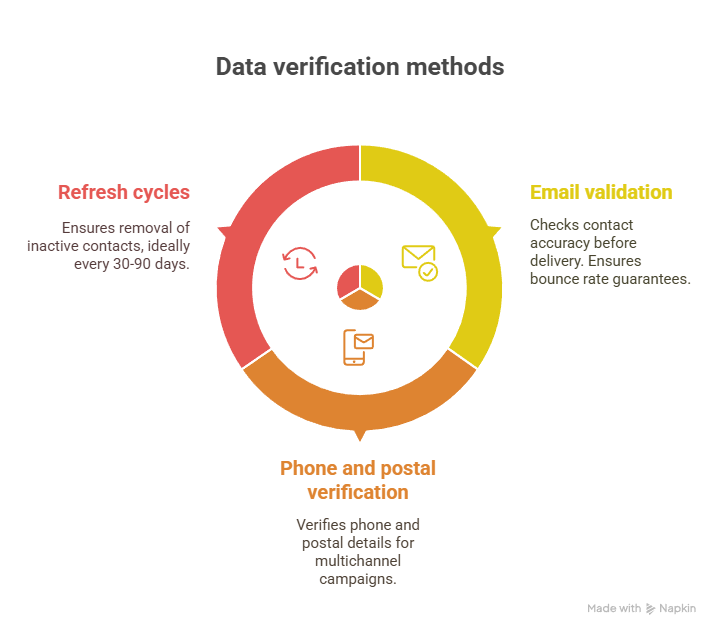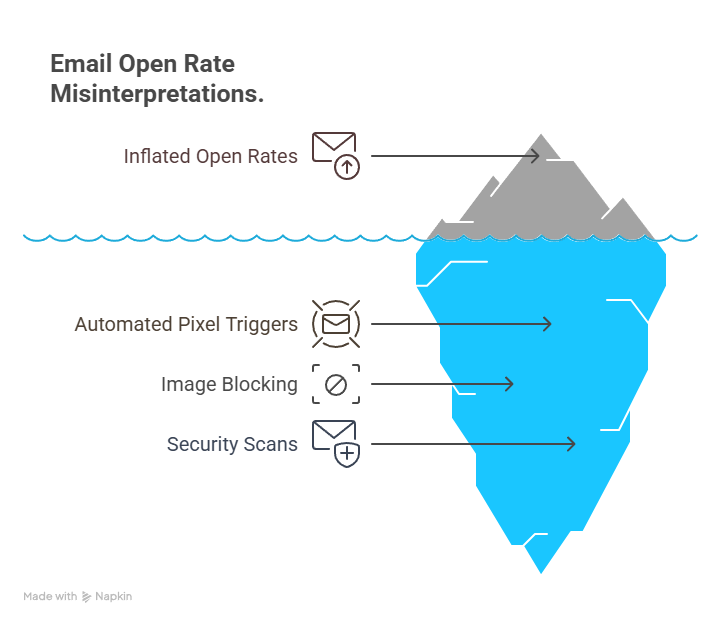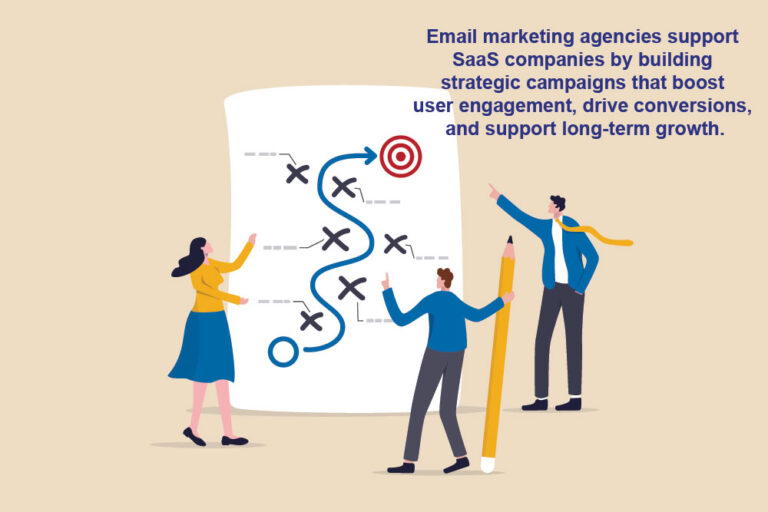
To data scientists, the evolution of marketing automation has been fascinating to watch. It’s been rapid enough to track in real-time, giving researchers insight into where the market has changed to meet the needs of companies that use automation and where it’s diverged to fill a variety of niches. The market has specialized, allowing clients to choose from an ever wider range of marketing automation services that fit their needs precisely.
This rapid evolution and speciation is why it’s a better time than ever to invest in marketing automation if you haven’t already chosen a platform. Marketo, Eloqua, HubSpot, Pardot – they all offer similar functionality at their cores, but most of the big players (and all the smaller ones) are differentiating themselves in their peripherals. Most marketing automation platforms offer ease of integration with existing CRMs, simpler data migration, and data management tools, but they’re diverging in their analytics and dashboards.
When choosing a marketing automation system, keep these three facts about the industry in mind.
Marketing Automation Isn’t Optional Anymore
A technology has truly arrived when the other technology around it is designed with it in mind. That’s how market analysts know automation is here to stay: Other sales and marketing tools are designed to integrate with a marketing automation platform as a matter of course. CRM platforms now offer compatibility with the major marketing automation brands as a significant selling point. If you aren’t yet taking advantage of that connectivity, you’re now behind the curve in marketing technology.
Among the top-performing companies, nearly 60 percent of them use marketing automation, and the ones that have used it for more than two years have sustained their success best, rising above those that have adopted more recently. To paraphrase the proverb about when to plant a tree, the best time to adopt marketing automation was five years ago; the second-best time is today.
Marketing Automation Platforms Offer Abundant Choice
You have more opportunities to pick the marketing automation system that fits your budget and needs. The marketing technology landscape is more varied now than ever, and the big players in the marketplace are giving their clients more in an effort to compete in this increasingly crowded environment. All marketing automation platforms give you the basics, but think about where you want your toolset to excel. When making your choice, consider where you need the most power:
- Data reporting – some systems prioritize database management and analytics, which are a good choice for companies that face challenges with data governance and hygiene.
- Project management – From managing individual campaigns to coordinating your overall marketing strategy, systems that focus on project-level management are right for companies that find this a challenge.
- Omni-channel marketing – Orchestrating campaigns across multiple channels is difficult to manage by hand, and marketing automation tools that focus on omni-channel functionality are the solution here.
- Content creation – Some platforms focus on content creation and management, which is ideal for companies that invest heavily in their nurture streams.
MarTech, not AdTech
Digital advertising technology used to be an isolated element in the marketing landscape, but that’s no longer the case. Ad tech has found its place under the larger umbrella of marketing tech as former ad tech brands have expanded into full-service mar-tech applications or been folded into complete marketing automation systems. Digital experiences are no longer compartmentalized from the user’s perspective, either; ads have now joined content marketing, email, and other channels in a seamless and customized stream of information tailored to fit individual audience segments.
© Reach Marketing LLC 2016 All Rights Reserved.



